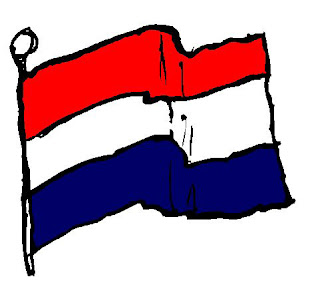The Coal Industry.
· The coal concession in Muara was granted to William Cowie in 1883.
· William Cowie transferred his concession to charles brooke.
· Brooke start to employ workers for his coal mines in Buang tawar and in muara
Coal Production
· Coal is important before oil was discovered.
· From 1888 to 1924 Muara coal mine produced more than 652,000 tones of coal
· Coal mine at Buang Tawar stops in 1917.
Transportation of coal.
· Coal was transported by steamers from Muara to Labuan and Singapore.
· Local launches also and the Sarawak government steamers also shipped coal supplies such as Manila and Saigon.
Effects of the discovery of oil
· Employment opportunities for local people.
· More shops were opened.
· Population increased to 1447 people by 1911
· Muara developed to become a self sufficient town
· Police force was formed by charles brooke to maintain law and order
· Roads were built
· Postal services were started and the town produced its own stamp.
Decline of Coal industry.
The Decline of coal mine has two reason :-
· Unstable prices after the first world war.
· And, the discovery of oil at pulau berambang
FAIZ RAHMAN









